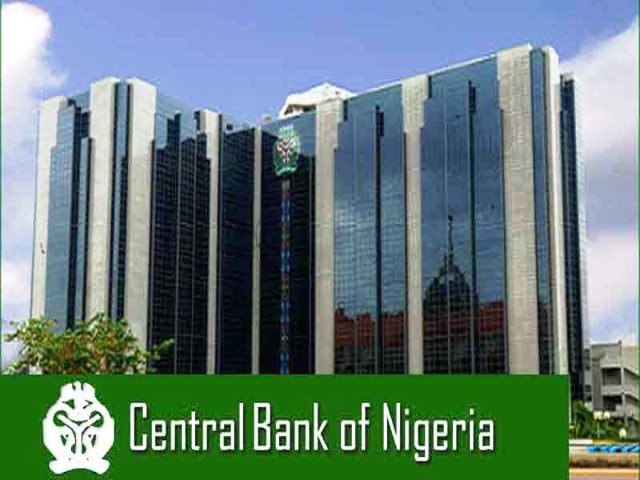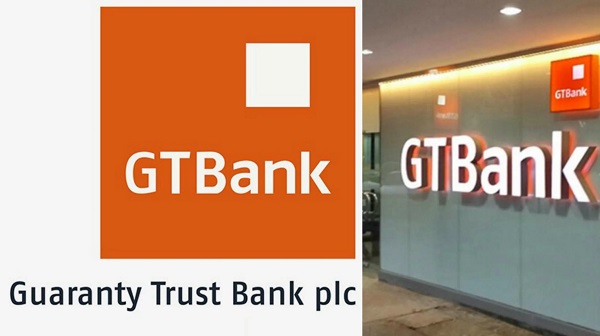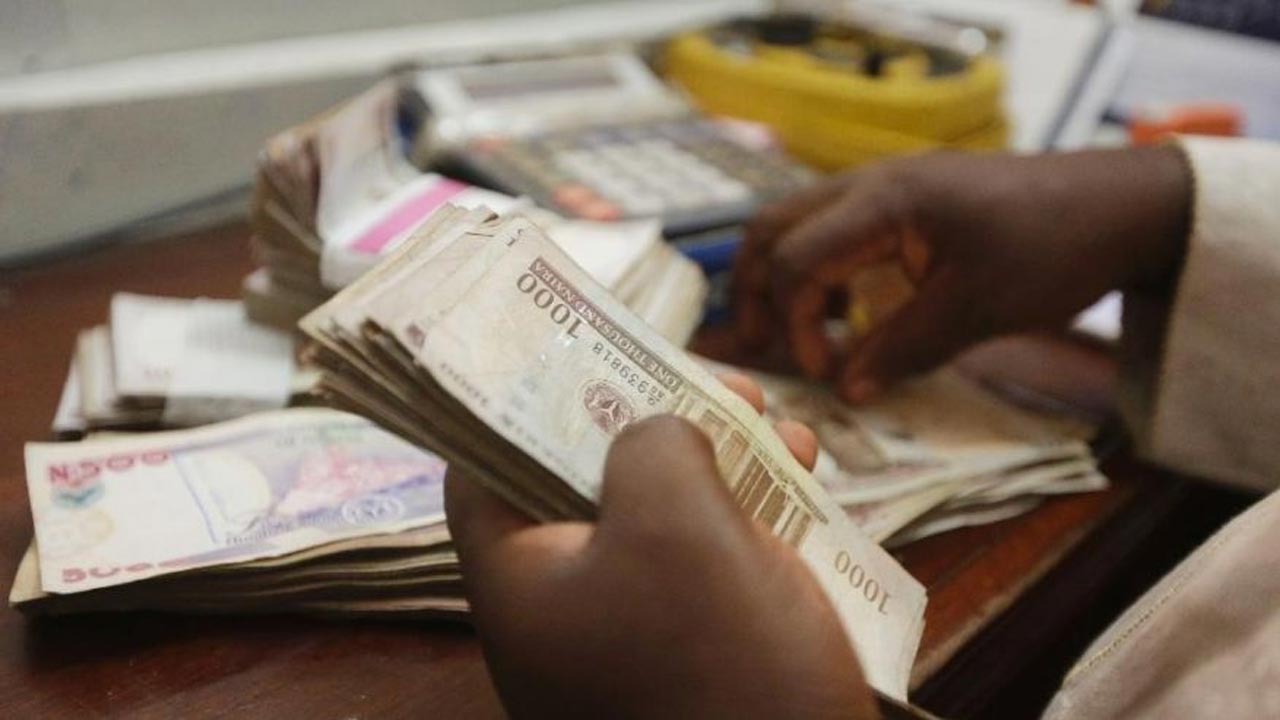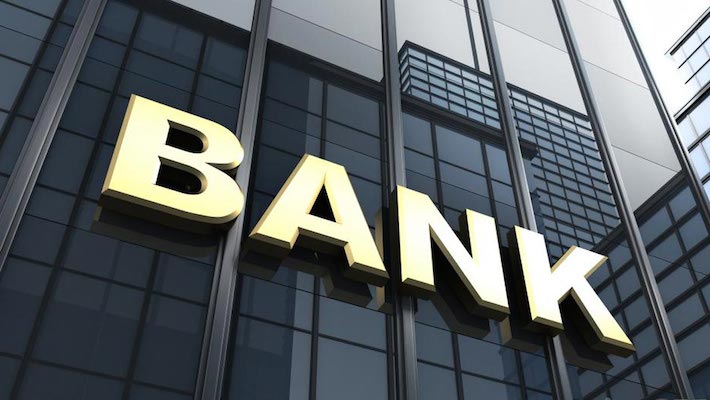Top 20 Functions of the Central Bank of Nigeria
Top 20 Functions of the Central Bank of Nigeria. The Central Bank of Nigeria is the main institution that deals with distribution of currency within the country. It’s very important to know its functions! That’s why we have prepared top 20 functions of CBN in Nigeria for you! Continue reading to know more!

The Central Bank of Nigeria(CBN) is the highest Monetary Authority in Nigeria. This simply means that it is the highest money controlling body or institution in Nigeria. It was established by the CBN Act of 1958 and started operations on July 1, 1959. Its official website is cbn.gov.ng . Its current Governor as at 2020 is Godwin Emefiele who has served since 3 June 2014.
The central bank of Nigeria has its head office in Abuja and has a branch in these cities: Ado Ekiti, Akure, Asaba, Awka, Bauchi, Benin, Birnin kebbi, Calabar, Damaturu, Dutse, Enugu, Makurdi, Gombe, Gusau, Ibadan, Lagos, Ilorin, Jalingo, Jos, Kaduna, Kano, Kastina, Lafia, Lokoja, Maiduguri, Minna, Osogbo, Owerri, Port harcourt, Sokoto, Umuahia, Uyo, Yenegoa and Yola respectively.
Top 20 Functions of the Central Bank of Nigeria
Do you know the Functions of the Central bank of Nigeria? Here are a list of the functions of the Central bank of Nigeria:
1. Banker and Adviser to Government: The central bank of Nigeria plays the major role of monetary advisers to the federal government as follows:
Maintains the account of the federal government
Accepts deposits from the government
iii. Ensures foreign exchange for payment of debts and purchase of foreign goods.
2. Banker to banks and other monetary bodies/ institutions: Central bank keeps account for commercial banks as well as other financial institutions.
3. Acts as lender of last resort: The central bank of Nigeria holds and maintains current account for other commercial banjs and it provides temporary accommodation to banks in the performance of its functions as lender of last resort
4. Manages Debt: The Central bank of Nigeria advices the federal government as to the timing and size of new debt instruments.
5. Clearing house for cheques and other financial instrument: The Central Bank performs the duty of a Clearing House for cheques: It settles the accounts of commercial banks and enables them to clear their dues by the process of book entries. It should be carefully noted that a Central Bank does not come in competition with other banks. That is why it does not pay interest on the money kept with it.
6. Control of Credit: Perhaps the most important function of a Central Bank today is the control of credit, i.e., regulating the volume and direction of bank loans.
7. Maintenance of Exchange Rate: Another very important function of a Central Bank is to maintain a stable external value of the home currency. A stable exchange rate is necessary to maintain and promote a country’s foreign trade and to encourage the inflow of foreign investments, which is so essential for accelerating the pace of economic growth, particularly in the under-developed countries.
8. Custodian of National Reserves :It is the Central Bank which serves as the custodian of nation’s reserves of gold and international currency. It is its duty to take appropriate measures to safeguard these reserves.
9. Monopoly of Note-Issue: Formerly, in certain countries like the U.K., even ordinary banks used to issue notes. This resulted in uncontrolled confusion. Hence gradually the right of note-issue was withdrawn from other banks and conferred on the Central Bank.
Thus, note-issue became the sole privilege of the Central Bank in a country and its notes became full legal tender.
10. Monetary stability: Monetary policy decision-making and implementation are the defining characteristics of the central bank. Whichever institution undertakes these functions is, in essence, the central bank.
11 . Maintenance of the foreign exchange rates: The central bank is required to maintain the rate of exchange, i.e., the external value of the currency it has to conduct foreign exchange operations at some specified exchange rates. It also exercises the exchange control, i.e., control of foreign exchange.
12. Strengthening the banking structure: The central bank is required to take various steps such as deposits insurance, extension of banking facilities in the unbanked areas, etc. for strengthening the country’s banking structure.
13. Control and supervision of other banks: The central bank controls and supervises the operations of other banks through licensing, inspection of bank accounts, bank mergers, etc.
14. Set interest rates to target low inflation and maintain economic growth: To make a judgment on inflationary pressures. CBN examines every aspect of the economic situation and look at a variety of economic statistics to get a picture of the whole economy. Asset purchase facility Bank Central Bank of Nigeria has since 2009, served as an Asset Purchase Facility (APF) to buy “high-quality assets financed by the issue of Treasury bills and the Debt Management Office (DMO‘s) cash management operations” and thereby improve liquidity in the credit markets
15. Central Bank of Nigeria Promotes Consumer Protection and Community Development: The Customer is the most important person in the economy and every business succeeds only when the customer is happy. This explains why the customer is regarded as King.
16. It regulates the laws to balance the inflation and deflation in the economy: Developmental finance role: The central bank of Nigeria conducted development finance roles through its credit schemes such as: Refinancing facilities for agricultural export commodities, Rural finance and banking support scheme, Agricultural credit guarantee scheme, Commercial agricultural credit scheme, Small and medium scale industry credit scheme
17. Maintenance of External Reserve: To safe-guard the internal value of our legal tender currency, the CBN maintains the management of the country’s debt and its foreign exchange. It manages the national debts, controls the foreign exchange as well as deals with the central banks of other nations. In managing the nation’s external reserves as required, the central bank seeks to maintain an adequate volume of external reserves to preserve the international value of its domestic (the naira)
18. Banks Control and Supervision :The Central Bank controls, supervises and assists the activities of commercial, merchant banks and other financial institutions in the economy. The CBN exercise surveillance over the operations of the banks with a view to ensuring sound banking practices.
19. Formulation and Implementation of Monetary Policy : A major responsibility of a modern Central Bank is the formulation and implementation of monetary policy in the economy. By this function, the CBN seeks to promote monetary stability with a view to ensuring a stable internal and external value of the national currency
20. Promotion to Entertain Public Complaints: The Central Bank of Nigeria serves as a judge between Nigerian banks and their clients. It also regulates relationships between banks. The bank has a public complaint desk in the head office and its every branch.
We Believe This Article Was Helpful, Don’t Hesitate To Share This Information With Your Friends On Facebook, Twitter, Whatsapp and Google plus.
Copyright Warning: Contents on this website may not be republished, reproduced, redistributed either in whole or in part without due permission or acknowledgement. All contents are protected by DMCA.
The content on this site is posted with good intentions. If you own this content & believe your copyright was violated or infringed, make sure you contact us via This Means to file a complaint & actions will be taken immediately.



